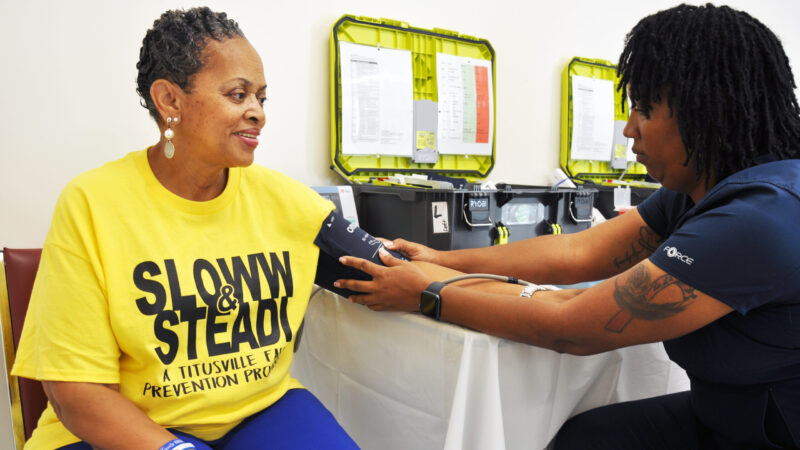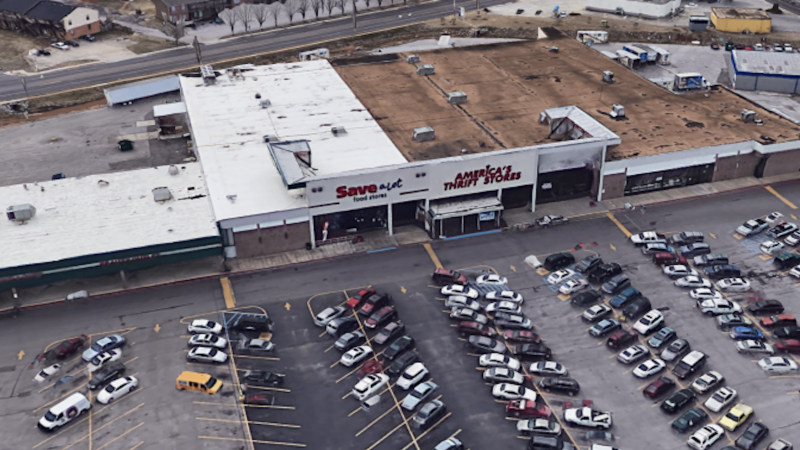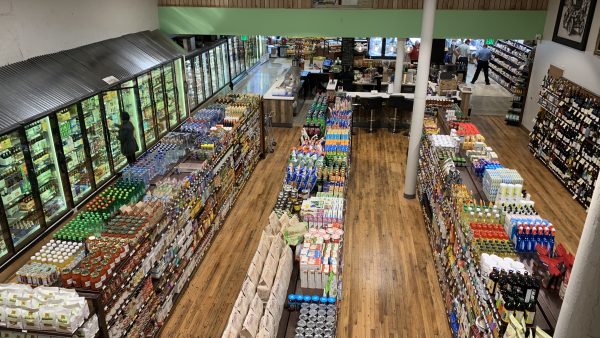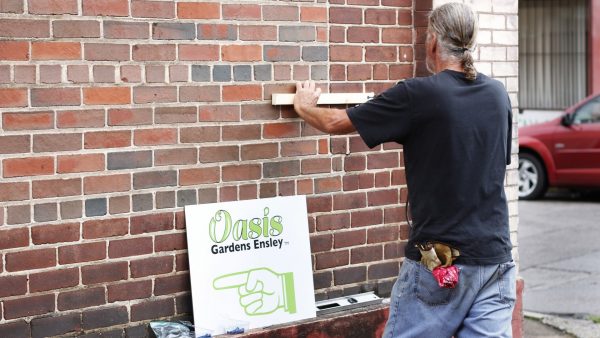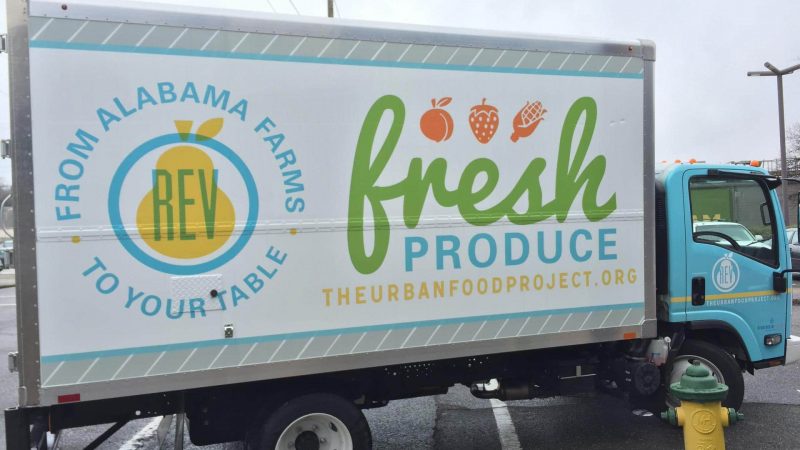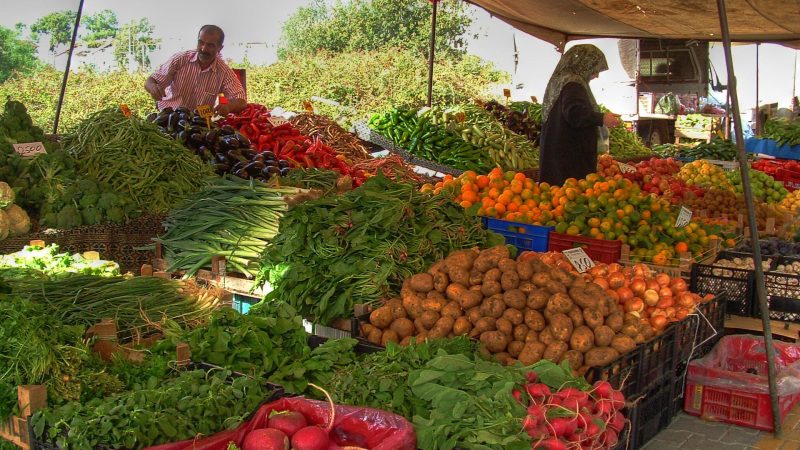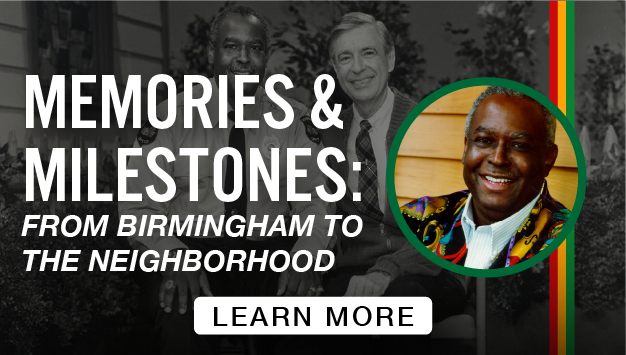food desert
Living HealthSmart in Alabama is getting easier thanks to a growing UAB initiative
The Live HealthSmart Alabama initiative, which the University of Alabama at Birmingham launched in 2019, has a goal of pulling Alabama out of the bottom 10 states in terms of negative health indicators by removing systemic barriers. Pilot projects in four Birmingham neighborhoods wrapped up this year, and organizers hope their success can be replicated throughout the state.
Birmingham Council Approves Incentives Package To Bring Grocery Store To District 1
Birmingham's Roebuck neighborhood is getting a new grocery store in an effort to reduce food deserts in the city.
Birmingham City Council Approves Healthy Food Overlay District
The Birmingham City Council voted Tuesday to establish a “healthy food overlay district,” designed to make healthy food options more accessible for the approximately two-thirds of the city’s population that lives within food deserts.
Birmingham’s Food Desert Plan: More Grocers, Fewer Dollar Stores
Nearly 70 percent of Birmingham residents live in food deserts, neighborhoods that have no grocery store or healthy food options. Now, Birmingham city officials are working to bring more grocers to the city.
The Junction: Oasis Gardens Ensley
In an alley in downtown Ensley, Hank Layman is transforming a parking lot into something that’s been missing from the community for years: a garden.
Urban Food Project Brings Fresh Produce To Corner Stores
For some who live in Birmingham, it is easy to get healthy food, especially if you have a car and can drive to a large grocery store. But if you are one of the 88,000 people living in one of Birmingham’s food deserts, getting quality food can be a real challenge. A local revitalization organization, REV Birmingham, is working to change that through an initiative called the Urban Food Project.
Price of Poverty: Food Deserts
What are the essentials of life? Food, water, and shelter. And to get those you have to have some kind of paying work or be enrolled in a government assistance program. But for the working poor even the basics can be too expensive. They often cost more for working poor than for middle class people, as we'll explore this week in our series "The Price of Poverty". We start today with a report on food.

